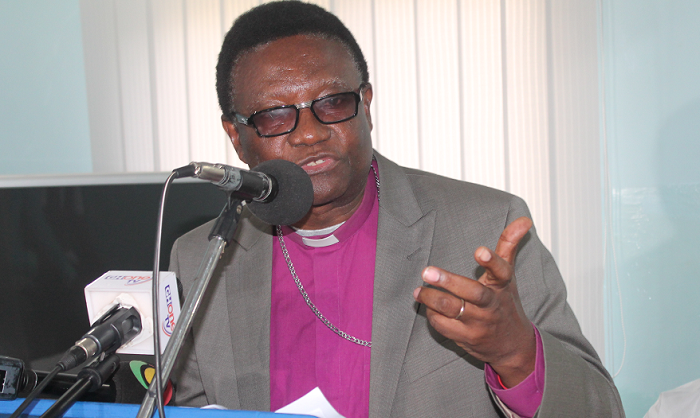
Public criticism of the National Peace Council - Ways to live above reproach
As we gear towards this year’s elections, the National Peace Council (NPC) has come under public criticism. It is quite understandable that the institution is synonymous with elections in Ghana, as since its establishment in 2006, it has played critical roles in ensuring peace before, during and after elections.
That has won the hearts and minds of some, who hold it in high esteem.
As a human institution, however, the NPC is not impervious to human weaknesses and for that reason, it is not everybody who will be happy with it’s dealings.
Biases
It is, therefore, not surprising that given the polarisation of the country along ethnic and political lines, a side perceives the council as biased, when it comes to issues of national concern.
Some are of the view that the NPC, being in bed with the government, adopts a “see no evil and hear no evil” stance to all that the government does.
A case in point is the electoral violence that broke out at the Ayawaso West Wuogon bye-election when the Chairman, the Most Rev. Professor Emmanuel Asante, minced no words in calling on the former President to apologise for saying any violence would be met, ‘boot for boot’.
Many thought it would have been fair for the chairman to condemn the violence in the first place. Such statements by the leadership of the NPC only goes to fit into a narrative of bias of the opposition against it, but in reality, that is not the case.
The NPC must speak against wrong actions or conduct and utterances of government officials polarising the country.
The point should be made, however, that it is not every issue the council must get entangled in. It must act in the best interest of the nation at all times.
Position
The NPC should position itself as a neutral referee in matters of national concerns, particularly in a politically polarised environment, where every pronouncement from the leadership is given political undertones, though some involvement is unavoidable in the execution of its mandate.
There is no truth in the assertion that the NPC cannot criticise the government of the day for fear of being starved of funds to execute its programmes.
It, therefore, behoves on it to take these criticisms in good faith and assure all stakeholders, including the opposition group, that it is guided by fairness in the discharge of its duties.
The writer is a freelance journalist
E-mail: okomensah12@gmail.com
